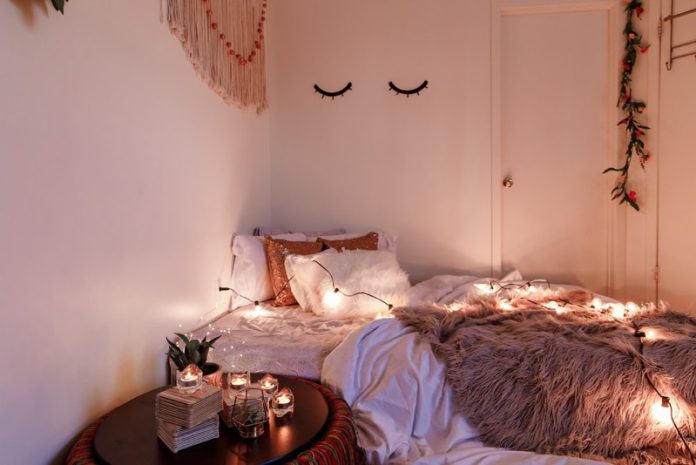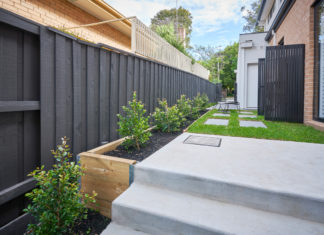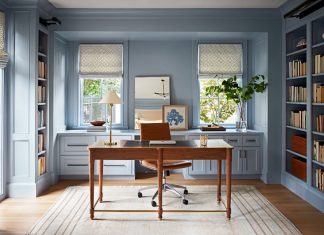Getting a good night’s sleep is just one of the many benefits of a healthy lifestyle. Everyone knows that feeling groggy and cranky when they don’t get enough quality rest, but did you know that lack of sleep can negatively affect your health? Not getting enough shut-eye increases your chances of developing long-term health problems like diabetes and heart disease. Here are the tips on how to sleep better so you can wake up feeling refreshed and ready to take on your day!
Don’t go to bed on a full stomach
Eating too much right before bedtime will cause indigestion and heartburn which can wake you up during the night with pain in your chest and throat area. Plus if you eat too close to bedtime, then your metabolism will slow down.
Get some exercise
Exercise is one of the best ways to help you fall asleep faster, stay asleep longer and wake up feeling more refreshed. It can also help reduce stress levels and improve mood, which can be beneficial for those with insomnia. Experts recommend 30 minutes of aerobic activity three times a week for general health and at least 150 minutes of moderate intensity activity per week for weight loss. If you haven’t been exercising much lately, start slowly and work up to these goals over time.
Skip the nightcap
Alcohol may make you feel sleepy, but it also interferes with your natural sleep cycle and disrupts your individual sleep needs. Avoid drinking alcohol before bedtime, especially if you have trouble falling asleep or staying asleep.
Avoid caffeine before bedtime
Caffeine can be found in coffee, tea and soft drinks, as well as chocolate and some medications. It takes about 30 minutes for caffeine to reach its peak level in the blood stream; therefore, avoid consuming any caffeinated products for four hours before going to bed.
Power down before bedtime
Most of us spend our days in a state of alertness, but when it comes time to sleep, we turn into lazy sloths.
The reason for this is that we have two different brain states: active and passive. When we’re active and alert, our bodies release adrenaline and other stimulants that keep us awake and responsive. But when we enter a passive state — like when we’re asleep or meditating — our bodies release endorphins, which make us feel good and relaxed.
But here’s the thing: if you don’t power down properly before bedtime, then your brain won’t be able to enter its passive mode. And as anyone who has ever been kept awake by stress knows all too well, not being able to fall asleep can make you feel tired even though your body needs rest.
Follow a consistent sleep schedule
Set a bedtime and wake time, and stick to it every day, even on weekends and holidays. Try to go to bed at the same time each night, even on weekends and holidays. Your body needs a regular schedule to know when it’s time to sleep, so try to keep your bedtime and wake-up time within an hour or so of each other every day of the week.
Get up at the same time each morning, including weekends. If you’re going to be away from home during the day, set an alarm clock or use an app on your phone that will remind you when it’s time to go back to sleep.
Sleep better with a custom mattress
If you want to sleep better, the first step is to buy a good custom mattress. A custom mattress needs to be comfortable and supportive at the same time. The support comes from the structure of the mattress, which should be firm enough to provide body support but soft enough for your body to sink into slightly. This will give you better posture while you sleep, as well as increased circulation and muscle relaxation.
Pick the right bed sheets
The first step in getting a good night’s sleep is picking the right sheet set for your bed. There are so many different kinds on the market, with varying degrees of luxury and comfort. You’ll want to find one that’s soft enough without being too warm, doesn’t wrinkle easily, and is long-lasting enough to last through many nights’ worth of sleep. Smooth your sheets with sheet straps and sleep better all night.
Go dark (but not blue)
Your eyes need time to adjust to darkness before you fall asleep so that they don’t scan the room when it’s time for bed. Dimming the lights or using an eye mask can help prevent this from happening. However, avoid blue light at night because it makes it harder for your body to produce melatonin, which helps regulate your sleep cycle.
Keep it cool
The ideal temperature for falling and staying asleep is between 60 and 67 degrees Fahrenheit, according to the National Sleep Foundation. If you have trouble falling asleep because you’re too hot, try opening a window or turning on a fan to circulate air in your bedroom.
Don’t lie in bed tossing and turning
Experts say that if you don’t fall asleep within 15 minutes of lying down, it’s time to get out of bed. Go read a book or watch TV until you feel tired again — then go back to bed for another try at sleep. If you have trouble falling asleep, try reading in dim light instead of bright light or using an eye mask to block out light from electronics.
Conclusion
The idea of sleeping better may not be as easy as it sounds, but it is possible. The tips outlined in this article are designed to help you begin sleeping better today, and the best part is that they will work for everyone. Many of these tips may seem small when you read them here, but if you take the time to apply all of them, you will likely see a significant improvement in your sleep quality. Give these tips a try, and watch as you are able to fall asleep each night easier than before.















